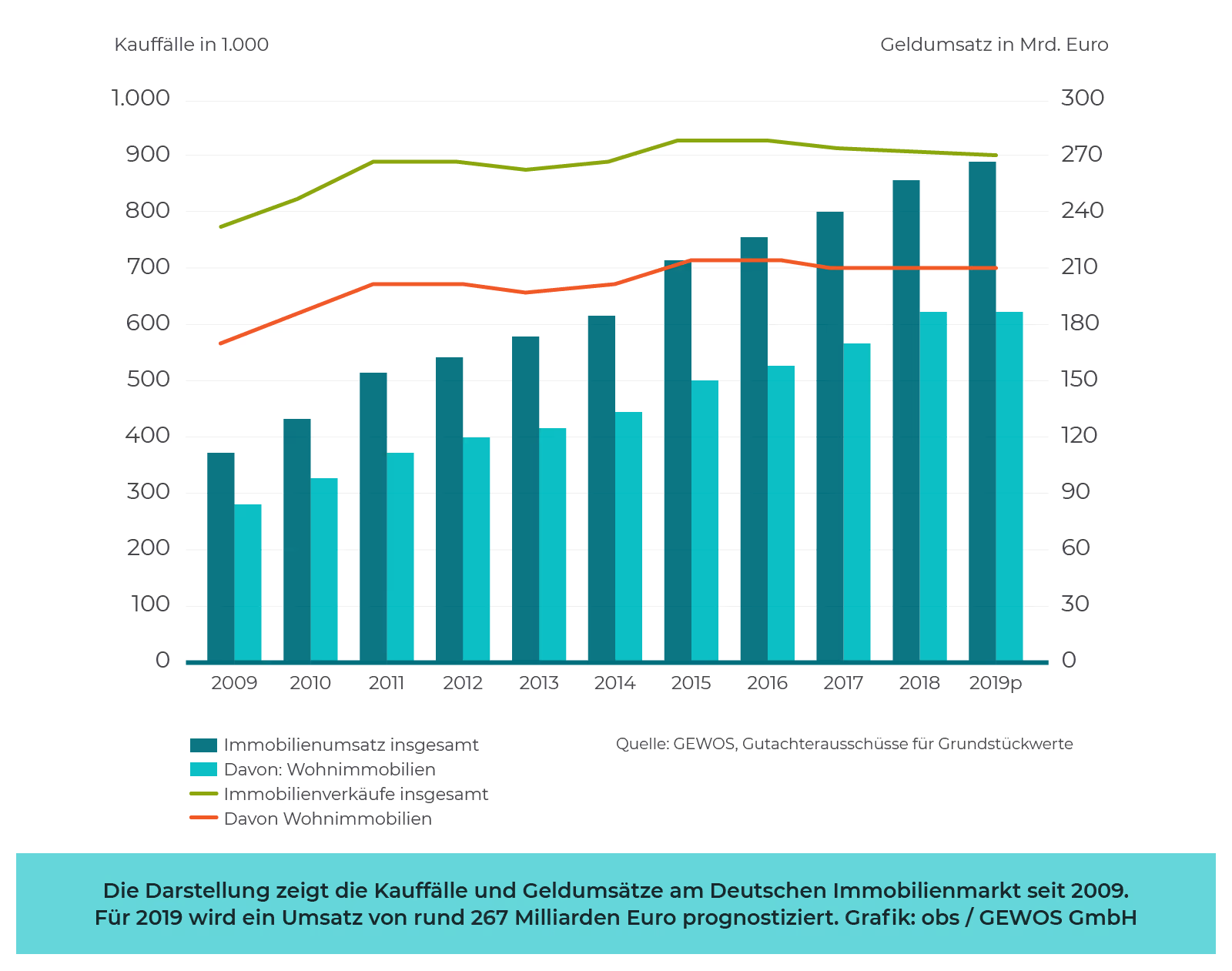Digitalization in the real estate market - sector change in the wake of the Corona crisis

The entire economy is affected by the corona crisis. The creativity of companies is required to properly deal with the imposed restrictions such as social distancing. As a result, the real estate sector is also facing some challenges. Where personal contact has always been the focus, online viewings or notarial certifications via video conference should now lead the real estate industry into a digital age.
The status quo of the real estate sector in light of the corona crisis
The real estate sector has always been an economic sector that has placed extreme value on personal contact and personal advice. Real estate agents therefore have strong knowledge of human nature and have exclusive access to real estate information. In a personal conversation and during individual inspections, they can assess whether interested tenants or buyers are trustworthy. Buyers insist on personal advice before investing hundreds of thousands of euros for their own home. Notaries, however, only certify documents if the relevant parties are there in person.
An industry that is so dependent on personal contact is being hit particularly hard by a crisis such as the current corona pandemic. The real estate market has grown steadily since the financial crisis of 2009 (see statistics).

In order to cushion the slump in sales of this huge market with a volume of over 270 billion euros (as of 2019), a rethink is required. Digitalization is creating new opportunities here. The business should continue even without personal contact between provider and customer. A change that has only progressed slowly in recent years in the real estate business is now essential. The corona crisis is accelerating the digitization of the real estate sector at an insane pace, but at the same time it also shows where the biggest obstacles still lie today.
Digitalization — What options are available?
There are many ideas for reducing personal contact when processing real estate transactions. For example, you may have already discovered a digital 3D tour of real estate advertisements. The apartment can be viewed in all corners and angles from the comfort of home on a tablet and it gives a much better sense of space than with photos. This not only saves you the trip to the tour, but also avoids large crowds of people, as was often the case during mass tours.
Notaries are also adapting to the digital age. For example, some providers offer the connection of parties via video. However, Germany is still at the beginning of the digital transformation. An unambiguous and error-free identification is not yet legally possible. Online authentication, as offered by a number of banks via video identification, is not yet provided for notary offices.
Home office is used in a wide range of industries. This is also possible in the real estate sector, but only if all information, contracts and relevant correspondence are available digitally. Many real estate companies are just getting started here and depend on innovative software solutions. The products for this purpose are already in the starting blocks. Companies have already positioned themselves on the market that use blockchain technology to enable private individuals to invest in real estate contactlessly, digitally and securely from home.
Digital documents, contactless visits and apartment handover, as well as notarial certificates via video conferences are just a few examples. The potential to lead the real estate market into a digital age is enormous. The corona crisis will accelerate this process and will also permanently change the real estate market of the future.



